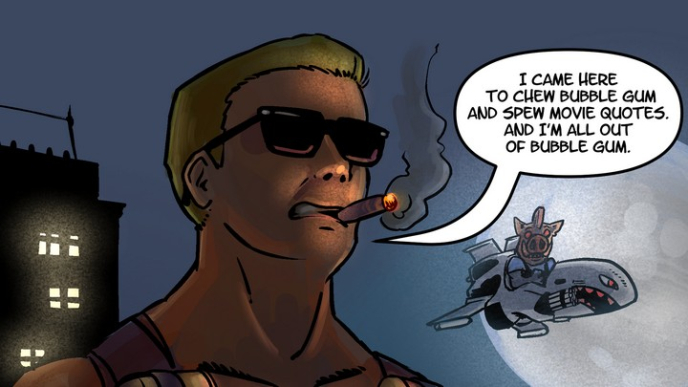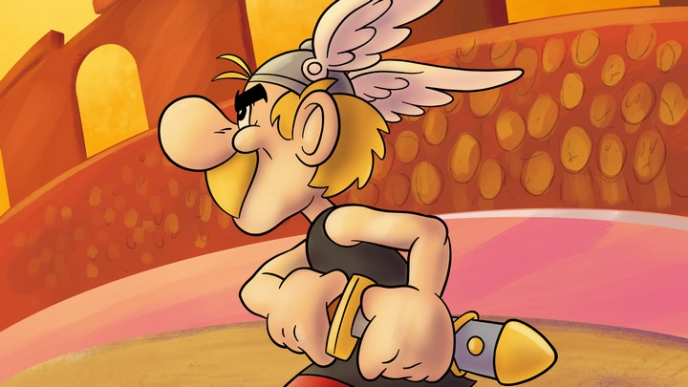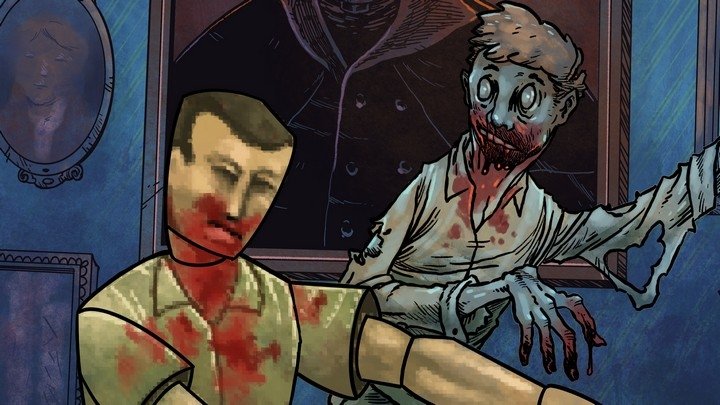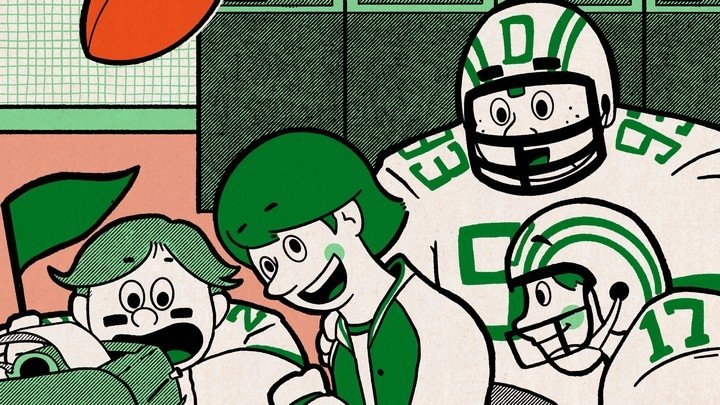Re(?)Considered: Police Quest: In Pursuit of the Death Angel
In defence of bad, broken game design
Let's put the cat amongst the pigeons right away; "bad design" and "broken design" strike me as buzz phrases, often employed to evade critical thought. Instead of stating that a game has "bad design", you can often simply say you don't like it.
Obviously it doesn't apply in 100% of cases, but plenty of instances of "archaic" design are written off despite their offering gamers something a little less homogenous. Sierra adventures like Police Quest are hard, maddening almost, and entirely by design. I'd argue that these classic adventures tend to err more towards gamer "folklore" in that you would have had playground/workplace word-of-mouth spreading solutions and hints around, a sort of communal solve which is a valid way to approach a game. The generally more lauded Lucasarts games don't inspire a whole lot of tension because there aren't any ways to really screw them up, which to me is not necessarily an improvement. To be frank, most old games that people say are bad are generally perfectly fine, you have to go quite far back to find the truly unplayable barely-finished stuff. And even those games can be interesting.

Police Quest: In Pursuit of the Death Angel is enhanced by its obnoxiousness. It gives the game a personality of its own, a trait I favour much more than some nebulous concept of "good gameplay". It's a game endorsed (and, at least in part, designed) by former California Highway Patrol cop, Jim Wallis. As such it is inordinately "by-the-book", to the point of extreme frustration and downright pendantry. As an example, before setting off in your vehicle, you must walk completely around it to ostensibly "check the tires". Failure to do this will result in an immediate blown tire and Game Over on driving away. Failing to holster your side-arm on arresting a criminal will have them seize the weapon and fire. Game Over. Failing to stop at traffic lights. Game Over. It's all strict adherence to police procedure. Sounds fun, huh?
It isn't. But, crucially, it doesn't really matter. It's memorable. It's engaging. It has experienced what feels like a near-total refusal of the gaming community to play it on its original terms, enjoying the idiosyncrasies and quirks that give it character. They're treated like flaws via the nebulous "broken design" criticism, despite the game absolutely functioning as intended. The manual shipped with the game provides the answers to pretty much every situation the player can be presented with in-game. By the book or die. That's Police Quest. That's what happens when a retired cop makes a game.

Games like Police Quest are often described as "unfair", but I think it's odd to apply the same standards of "fairness" to more contemporary efforts as well as old, methodical games like Police Quest, especialy seeing as while the benefit of the doubt is freely given to any number of series with contemporary relevance, none is extended to anything beyond these narrow ideas of what constitutes "good game design". Police Quest is a prime example. Failing over and over is is part and parcel with the experience. "Unfair" is relative. If you expect to play on the zero-stakes terms of Day of the Tentacle, of course it is going to seem unfair.
The fact that Sierra's style of adventure game is generally considered inferior at all is, to my mind, a bit backwards. I agree with the consensus that these games - like plenty from this era - are difficult and frustrating, but I don't agree that this is necessarily a Bad Thing. I think when a game has no definite fail state it tends to result in relatively mindless gameplay, with no real incentive to explore the verbs/variables, or push against the boundaries to any meaningful extent. I find getting stuck in a Lucasarts adventure far more frustrating than messing up in Police Quest. When I get stuck in Sam and Max Hit the Road I don't stop, walk away and have a think about it. I'll just brute force a solution because the game will never step in my way. I find dying/getting a game over less irritating than Lucasart's "that doesn't work, those don't go together" ceaseless rigmarole, because the former triggers a mental opportunity to regroup and think. Okay, I've died. I'll stop.

Of course I realise that I am an outlier with this preference, but Police Quest, Space Quest and King's Quest all deserve better treatment than they get nowadays.
Though I'll cheerfully concede that Full Throttle is better than every Sierra game.




